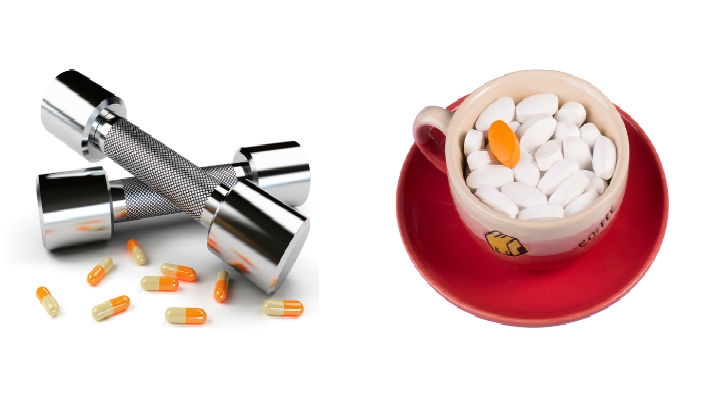(RxWiki News) To treat high blood pressure, many people in a recent survey said they would rather drink tea than exercise.
In the survey, respondents were told to imagine they had high blood pressure and then were asked about their willingness to adopt any of four “treatments” to live an extra month, year or five years. The four “treatments” mentioned were a daily cup of tea, exercise, pills, or monthly or semi-annual injections.
Participants were more likely to choose a daily cup of tea or a pill over exercise to “treat” high blood pressure and extend their lives in this imaginary scenario. The only option fewer people said they would choose was the shot.
If only sipping some English tea would actually treat high blood pressure. There is no definitive link between tea consumption and healthy blood pressure. Although there is no cure for high blood pressure, it can often be managed with lifestyle changes like exercise and a healthy diet. In some cases, medications are necessary.
Despite the results of this recent survey, there are some widely accepted methods for keeping blood pressure under control. Continue reading to find out what you need to know.
Blood Pressure: What You Need to Know
Blood pressure is the force of blood pushing against the walls of your arteries as the heart pumps blood to other parts of your body. Pressure is necessary to move blood throughout your body and provide oxygen. However, if blood pressure stays high for a long time, it can damage your heart and lead to stroke, heart failure and heart attack. High blood pressure is often called the silent killer because there are no obvious symptoms.
Blood pressure is measured using two numbers. The first number, called systolic blood pressure, measures the pressure in your blood vessels when your heart beats. The second number, called diastolic blood pressure, measures the pressure in your blood vessels when your heart rests between beats. If the measurement reads 120 systolic and 80 diastolic, you would say "120 over 80" or write "120/80 mmHg."
Blood pressure goals are based on age and whether you have certain health conditions, such as diabetes or chronic kidney disease. Your health care provider will determine what your blood pressure goals are.
People with blood pressure readings equal to or greater than 130 over 80 are now classified as having hypertension (high blood pressure), according to the new American Heart Association. Previously, high blood pressure was defined as 140 over 90.
A blood pressure below 120 over 80 continues to be considered normal.
Tips for Managing High Blood Pressure
Check out the following tips for keeping your blood pressure in check:
- Monitor your blood pressure (twice a day). Be sure to take your machine to your pharmacy or doctor’s office to have your health care provider make sure you have the correct cuff size and that you are using the machine correctly.
- Eat healthy foods and consider adopting the Dietary Approaches to Stop Hypertension (DASH) diet, which emphasizes the following:
- Fruits
- Vegetables
- Whole grains
- Poultry
- Fish
- Low-fat dairy foods
- Eat less saturated fat and trans fat.
- Decrease the amount of salt in your diet. Limit your intake of sodium (salt) to no more than 1,500 mg per day. This amount is tied to the greatest reduction in blood pressure.
- Lose weight.
- Exercise regularly.
- Limit your alcohol intake.
- Stop smoking.
- Limit your caffeine consumption.
- Manage your stress.
Always talk to your health care provider before making any major changes to your diet or exercise habits. And ask your health care provider about the best ways to manage your blood pressure.
Written By Anyssa Garza, PharmD, BCMAS







